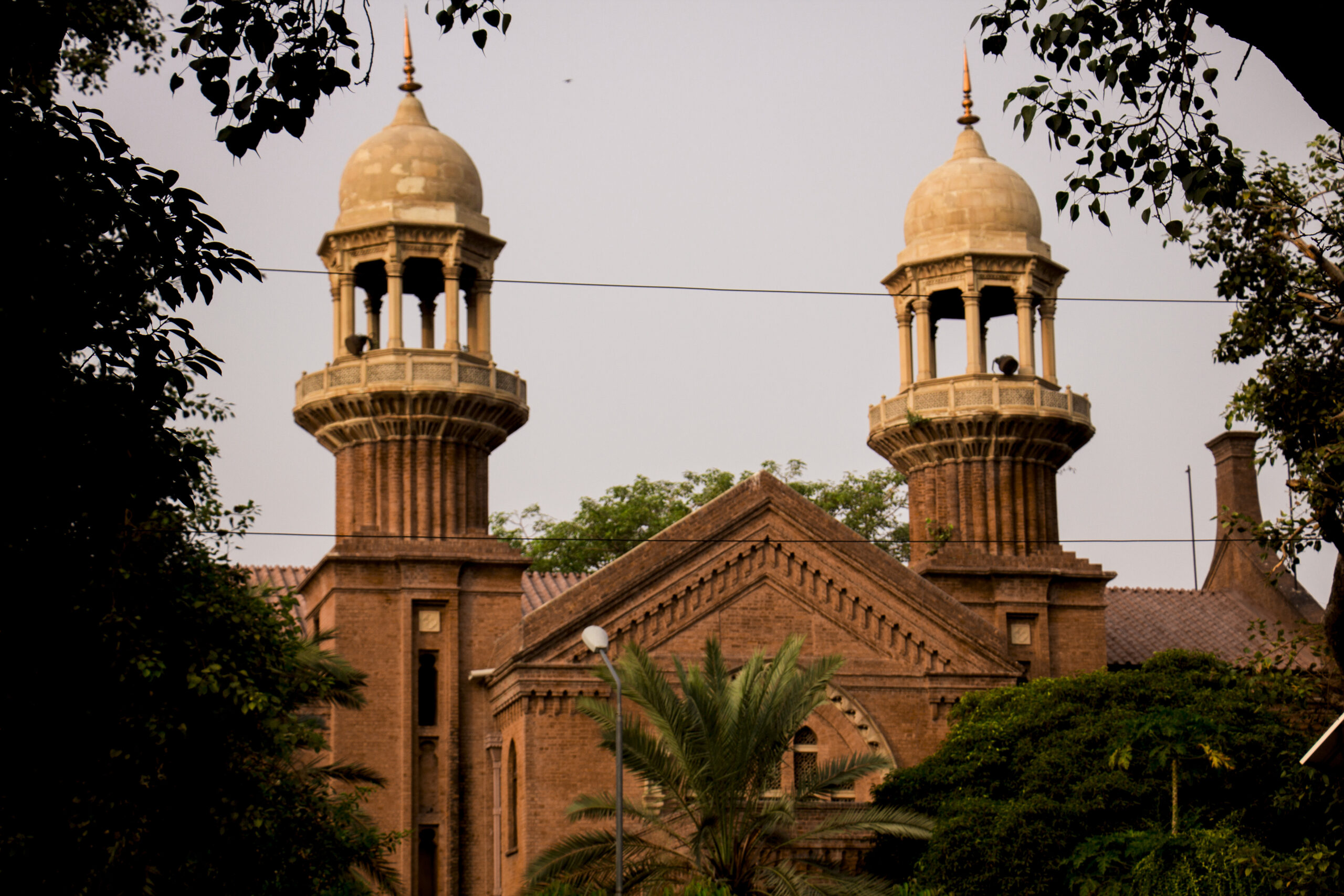Lahore, June 10, 2024 – The Lahore High Court (LHC) has scheduled a hearing for an application challenging the recently enacted Punjab Defamation Law, which was ratified by the acting Punjab governor over the past weekend. The contentious legislation, passed by the Punjab Assembly on May 20, 2024, has faced widespread opposition from journalists, civil society groups, and opposition parties.
Despite protests and proposed amendments from the opposition, the bill was pushed through amid demonstrations by the PTI-backed Sunni Ittehad Council and journalists present during the parliamentary session. The law’s passage has been met with significant backlash, culminating in a joint petition filed by journalists Jaffar Ahmad Yar and Riaz Ahmad Raja. The petition argues that several sections of the bill are unconstitutional.
The petition, a copy of which is available with Dawn.com, was initially scrutinized by the LHC registrar’s office, which overruled the application due to the absence of a gazette notification. However, upon submission of the required document on Monday, the petition was resubmitted and subsequently scheduled for a hearing by LHC Justice Muhammad Amjad Rafiq on Tuesday at 9am.
Representing the petitioners, Advocate Nadeem Sarwar has requested the LHC to suspend the implementation of the defamation law. The petition contends that specific sections of the bill, including definitions related to journalists and newspapers, actionable defamation, defenses, establishment and procedures of the tribunal, and various procedural aspects, contravene constitutional provisions. It cites violations of Articles 2-A (Objectives Resolution), 9 (Security of person), 10-A (Right to fair trial), 14 (Inviolability of dignity of man), 18 (Freedom of trade, business or profession), 19 (Freedom of speech), 19-A (Right to information), 25 (Equality of citizens), and 175 (Establishment and Jurisdiction of Courts) of the Constitution.
In response to inquiries about the Pakistan Peoples Party’s (PPP) stance on the law, Sindh Information Minister Sharjeel Memon distanced the party from the bill during a press conference in Karachi. Memon clarified that the PPP was not involved in the passage of the law in Punjab, despite the Punjab governor’s affiliation with the PPP. He emphasized that the PPP opposes such measures, recalling similar actions taken by Imran Khan’s government with the Prevention of Electronic Crimes Act (Peca) to control journalists.
“The PPP is one of the most victimized parties of all,” Memon stated. “When we were in government in 2008, a major campaign was run in the media to malign our image. In spite of that, we stand with the media today.”
As the LHC prepares to hear the case, the controversy surrounding the Punjab Defamation Law continues to highlight the ongoing tensions between the government and the press, as well as broader concerns regarding freedom of speech and constitutional rights in Pakistan.
